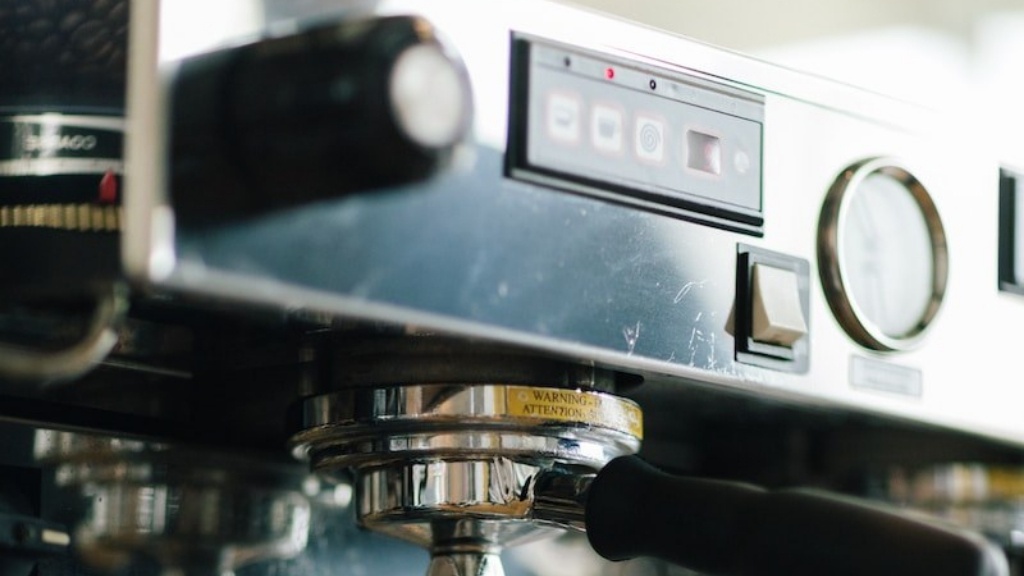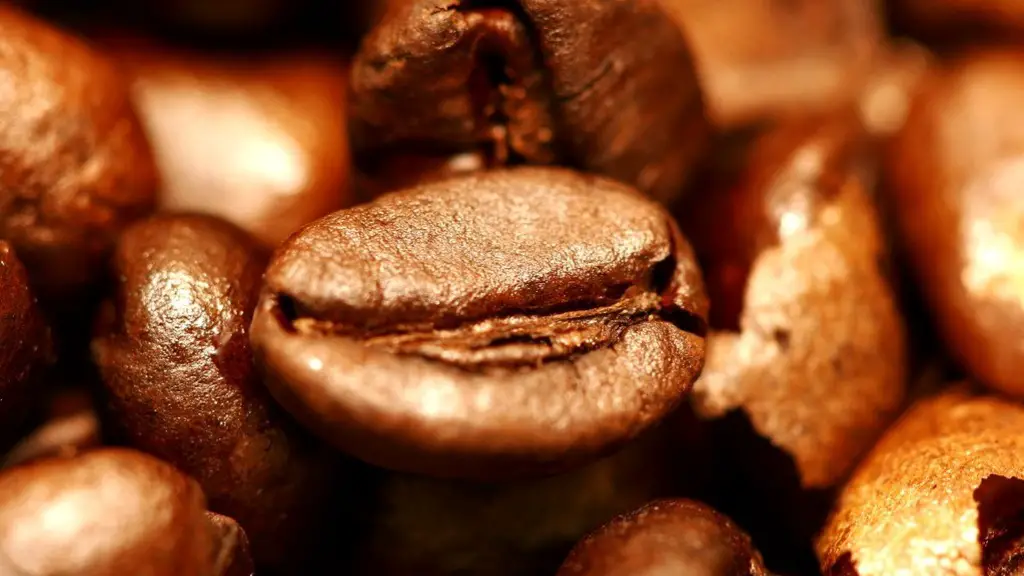A great debate has arisen over the years: should we drink coffee after a meal? While many people believe this to be a bad idea, others argue that doing so can actually benefit your health in a number of ways. In this article, we’ll provide an in-depth look into some of the essential facts and helpful advice surrounding this contentious topic.
Coffee is one of the most popular drinks in the world, and its popularity is no surprise. It contains caffeine, which is a natural stimulant that can provide a boost of energy to get you through the day. In addition to this, many people also enjoy the flavor and aroma of coffee, which can make drinking it after a meal particularly enjoyable.
However, the question of whether or not it is safe to drink coffee after a meal still remains. To answer this question, it is important to consider both the potential pros and cons associated with drinking coffee in this manner. On the one hand, there are several potential health benefits to drinking coffee after a meal. For example, it can help to speed up digestion, making it easier for your body to break down and absorb the nutrients from the food you have eaten. Additionally, coffee can help to increase alertness and reduce fatigue, allowing for better concentration and more productive activities in the hours after eating.
On the other hand, it is important to acknowledge that coffee can also have some negative effects on your body. For example, it can exacerbate acid reflux and heartburn, especially in those who are prone to these conditions. Additionally, it is important to note that coffee can act as a diuretic, meaning that it may make you urinate more frequently and cause you to become dehydrated. As such, it is essential to take care when drinking coffee after a meal to ensure that you do not experience any negative effects.
In order to make the best decision regarding drinking coffee after a meal, it is important to consult with a health professional. They will be able to provide advice in light of your own medical history and dietary needs. Additionally, it is important to be mindful of the amount of coffee you consume, as drinking too much can have negative implications for your health.
Nutrition
The effects of drinking coffee on your nutrition after a meal need to be taken into consideration as well. According to a study in the American Journal of Clinical Nutrition, coffee may reduce the absorption of certain minerals and vitamins, such as vitamin B12 and iron. Additionally, it is believed that coffee can increase the amount of fat that you absorb from food, potentially leading to weight gain over time.
Therefore, it is important to ensure that you are consuming a balanced meal before drinking coffee. Additionally, in order to offset any potential adverse effects, you may want to consider taking a multivitamin to ensure that you are still getting the essential nutrients you need. Finally, it may be beneficial to avoid adding sugar or other sweeteners to your coffee, as these can cause your blood sugar levels to spike, which may be detrimental to your health.
Cognitive Benefits
Coffee has long been associated with cognitive benefits, and this may be true when consumed after a meal as well. Studies have shown that consuming coffee shortly after eating can help to reduce feelings of fatigue and improve alertness, allowing for better concentration and focus in the hours following. Additionally, it can help to improve memory recall and speed of processing, allowing for better performance in cognitively demanding tasks.
However, the effects of coffee can be unpredictable, and it is important to remember that everyone is different. Therefore, it is important to take note of the effects that drinking coffee has on your own concentration and performance in order to ensure that you are making the most of your skills and abilities.
Side Effects
Although there are several potential benefits associated with drinking coffee after a meal, it is important to bear in mind that doing so may also cause some unwanted side effects as well. For example, drinking too much coffee may lead to feelings of jitteriness or anxiousness, making it difficult to relax or focus. Additionally, excessively consuming caffeine can also lead to difficulty sleeping, headaches, and other physical symptoms.
Therefore, it is important to take care when drinking coffee after a meal in order to ensure that you do not experience any negative effects. It is also essential to pay attention to the amount of caffeine you are consuming and to be mindful of how it affects your body. If you find that you are suffering from any of the symptoms mentioned above, it may be best to limit or avoid drinking coffee after a meal altogether.
Conclusion
In conclusion, drinking coffee after a meal can be an enjoyable and beneficial experience, as long as it is done in moderation. The potential health benefits, as well as the potential aid to cognitive performance, should be taken into consideration before deciding whether or not to consume coffee in this manner. Additionally, it is important to consult with a health professional and to be aware of any potential side effects that may occur. By following these guidelines, you can safely enjoy a cup of coffee after a meal without any adverse effects.



